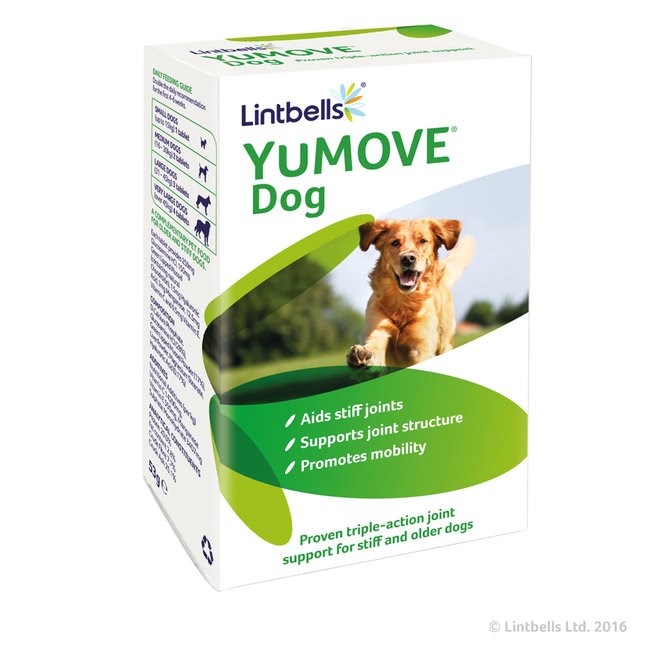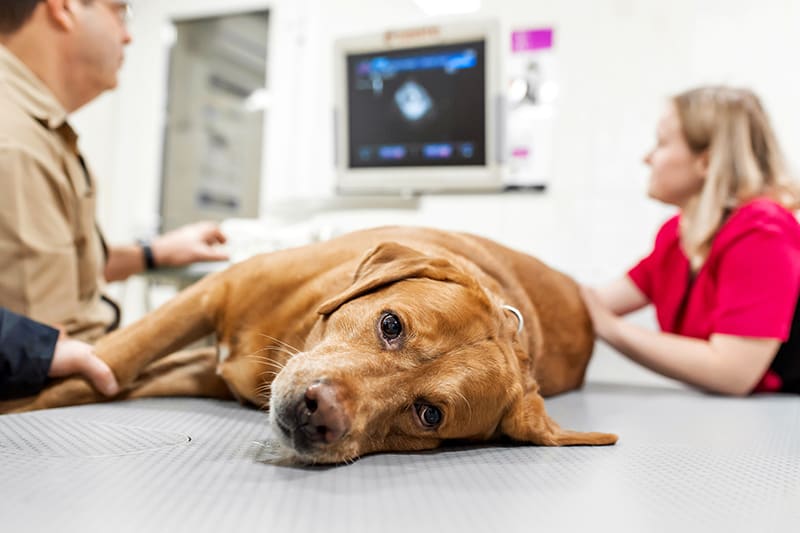Top Facts On Deciding On Collagen For Dogs
Top Facts On Deciding On Collagen For Dogs
Blog Article
What Can Glucosamine/Chondroitin Do To Improve Joint Health For Dogs And Cats?
Glucosamine and Chondroitin are two popular supplements that aid in improving joint health for both pets and cats. These are their functions and benefits.
Glucosamine
Cartilage Forming and Repair:
Function: Glucosamine, a natural substance found in cartilage and in joints' fluids is a compound that has numerous purposes. It aids in the repair of cartilage by stimulating glycosaminoglycans.
Benefits: It is able to slow down the deterioration of cartilage in the joints, providing relief from pain and improving joint function.
Anti-inflammatory Effects:
Glucosamine is an anti-inflammatory ingredient that reduces inflammation.
Benefits: It will reduce swelling and pain that pets feel in their joints.
Chondroitin
Cartilage Breakdown Inhibition
The function: Chondroitin Sulfate is a natural component of cartilage. It blocks enzymes from breaking down cartilage.
Benefits Chondroitin helps to keep joints healthy by protecting cartilage.
Improved Joint Lubrication
The function: Chondroitin aids in retaining and attracting water within the cartilage. Water is crucial for maintaining the flexibility and elasticity of joints.
The benefits of this product are that it enhances joint mobility, allowing pets to move more smoothly and with less pain.
Combined Benefits
Synergistic effects Glucosamine, Chondroitin, and other supplements can enhance each other's positive effects when they are used in conjunction. This combination is often more effective in relieving joint pain and improving mobility than any supplement on its own.
Regular usage can help to maintain and prevent joint-related conditions, like osteoarthritis. This is true for pets and canines. They can be especially beneficial for older dogs or pets suffering from joint issues.
Use and considerations
Dosage: The dosage may differ based on the weight, size and requirements for health of your pet. The dosage guidelines or suggestions of the veterinarian should be followed.
Side Effects: While generally secure, some pets might experience mild gastrointestinal upset. It is important to watch for adverse reactions in your pet, particularly when you are first beginning the supplement.
The conclusion of the article is:
Glucosamine and Chondroitin is a valuable supplement for dogs & cats to help maintain joint health. These supplements can enhance the overall health of pets by reducing inflammation, enhancing joint lubrication, and also repairing cartilage. View the best herbs good for dogs for more advice including yeast infections in dogs, pet supplements for pets with aggression problems, pet supplements for pets with thunderstorm phobia, pet supplements for pets with obsessive licking, pet supplements for pets with luxating patella, pet glucosamine supplements, pet devil's claw supplements, pet supplements for pets with fear of explosions and more.
What Is The Way That Cat And Dog Kidney Failure Helped With Omega-3 Fatty Acids?
Omega-3 fatty acids and in particular EPA (eicosapentaenoic acid) and DHA (docosahexaenoic acid) can aid in managing kidney disease in dogs and cats through a variety of benefits that support kidney health and overall well-being. How they help to treat kidney disease is as the following:
Anti-inflammatory properties
Reduction of inflammation:
Function The fatty acids help can reduce inflammation by reducing pro-inflammatory cytokines (cytokines) and eicosanoids.
Benefits: Omega-3s are capable of reducing the inflammation in the kidneys. This helps to stop damage to the kidneys and improve the function of kidneys.
Blood Pressure Regulation
Low Blood Pressure:
The function of Omega-3 acids is to regulate blood pressure by enhancing the vascular system as well as reducing general inflammation.
Benefits: Lower blood pressure can help protect remaining kidney functions as well as slow the progression of kidney disease.
Proteinuria Reduction
Reducing Proteinuria:
Function: Omega-3s are able to decrease the leakage of protein into the urine, known as proteinuria, which is a common issue in kidney disease.
Benefits of reducing proteinuria: This can help protect kidney function and prevent any further damage to the kidneys.
Glomerular Filtration Rate (GFR) Preservation
Supporting Kidney Retention:
Function: They assist in ensure the integrity and efficiency of glomerular filters, which is the process by which the kidneys filter the blood.
Benefits: A stable GFR helps preserve kidney function and slow the development of chronic renal disease.
Appetite Stimulation and Nutritional Support
Improved Appetite:
Function: Omega-3s can help increase appetite and overall nutrition intake for pets suffering from kidney failure, who often have a lower appetite.
Benefits : A diet that is healthier can benefit general health. It can also help maintain the muscle mass and weight of animals with kidney disease.
Cardiovascular Health
Supporting Heart Health:
Function: Omega-3 fatty acids support the cardiovascular system by decreasing inflammation and blood pressure and enhancing cholesterol profiles.
Benefits: A healthier cardiovascular system will reduce the risk of complications associated with kidney disease, like heart disease. It can also improve overall health and well-being.
Antioxidant Effects
Reducing Oxidative Stress:
Function: These fatty acids are antioxidants that help reduce oxidative damage to the kidneys.
Benefits: Lower oxidative stress protects kidney cells against damage, leading to improved kidney function.
Usage and Considerations
Dosage and administration: The proper dosage of Omega-3 fatty acids will depend on the pet's weight, size and specific health issues. Follow the guidelines on the product label or as directed by your veterinarian. Omega-3s come from supplements made from fish oil that are specially designed for pet owners.
Omega-3 supplements for dogs are available in various types. There are liquid oils and chews. It is important to select an item of high-quality to ensure safety and efficacy.
Omega-3 supplements generally are safe for pets, but they may cause upset stomachs. Start with a smaller dose then gradually increasing the dosage will aid in minimizing side effects. Important to keep an eye out for any possible side symptoms, such as vomiting or diarrhea.
Also, you can read our conclusion.
Omega-3 fatty acids can provide significant benefits for managing kidney failure in dogs and cats. Their anti-inflammatory, blood pressure-lowering, proteinuria-reducing, and appetite-stimulating properties help support kidney function and overall health. Regular supplementation with omega-3s can reduce the risk of progress of kidney disease, improve quality of life, and improve the overall health of pets suffering from kidney disease. View the recommended kidney failure in dogs for more tips including pet stress relief supplements, pet supplements for pets with muscle spasms, best pet supplements australia, pet citrus bioflavonoid supplements, pet digestive supplements, natural cat supplements, pet skin supplements, dog vitamins and more.
Apple Cider Vinegar Is Effective In Treating Yeast Infections In Cats And Dogs.
ACV can be employed as a treatment for yeast infections in dogs and cats. Although there's evidence and a few studies suggesting its potential benefits however, it is important to apply ACV cautiously and under medical supervision due to its acidic character and the potential for adverse negative side negative effects. ACV may help treat yeast infections.
Antifungal Properties
Acidic Environment
ACV is acidic with the typical pH range between 2.5 to 3. The acidic atmosphere makes yeast difficult to reproduce.
Benefits of applying ACV or adding diluted ACV to the bathwater of your pet could lessen the yeast overgrowth on the skin and ears.
Skin pH regulation
Balancing Skin pH:
ACV can help to regulate the pH levels of your skin. This could help promote the health of your skin barrier and help prevent the growth of yeast.
Benefits: Keeping a healthy pH balance on the skin can in preventing yeast infections and boost overall health of the skin.
Anti-inflammatory Effects
Reduced inflammation
ACV has mild antiinflammatory properties.
The benefits of lessening inflammation This may reduce symptoms that are associated with yeast infection, including redness, itching and discomfort.
Support for Digestive Health
Internal Use:
Function: When inhaled (in tiny amounts and extremely diluted), ACV is thought to improve digestion and regulate gut flora.
Benefits: A more healthy gut environment could indirectly limit yeast overgrowth, while also supporting immunity and microbial balance.
Considerations and Usage
Topical Application: Use ACV dilute with water (typically, 1 part ACV to 1-2 parts water) or spray or rinse to the affected areas of skin or ear. Do not apply directly to open wounds or sensitive skin.
Consult your physician prior to using ACV internally. ACV is best given in small quantities and diluted (1 1 teaspoon to 1 tablespoon per cup of liquid) to prevent any stomach discomfort.
Examine for any signs of irritation or any allergic reaction when applying ACV on the skin. Discontinue use if any negative reactions develop.
A consultation with a veterinarian prior to using ACV as a treatment for yeast infections, you should consult your veterinarian. They can provide suggestions on the correct dosage and application method for your pet as well as potential risks.
End of Service
Although apple cider vinegar has the potential to help manage yeast infections, it is important that its use be done with caution and with the help by a veterinarian. ACV may possess mild anti-inflammatory and antifungal properties due to its acidic nature. But, a proper dosage and careful application are crucial to avoid irritation or negative reactions. ACV is recommended to use in conjunction with a comprehensive treatment plan to treat yeast-related infections. Follow the recommended pet wellbeing australia recommendations for blog info including pet lavender supplements, pet supplements for pets with urinary tract infections, pet supplements for pets with skin tumors, pet skullcap supplements, pet supplements for pets with muscle spasms, pet supplements for pets with fear of collars and harnesses, pet supplements for pets with brittle nails, pet colostrum supplements and more.